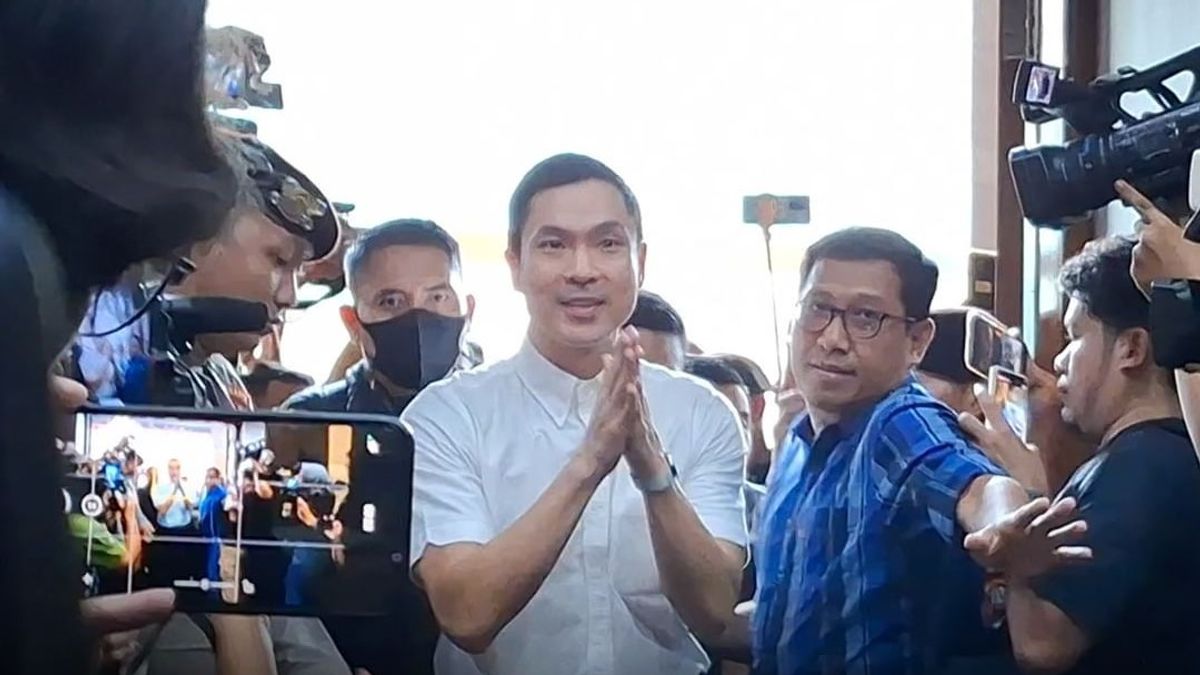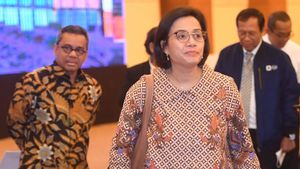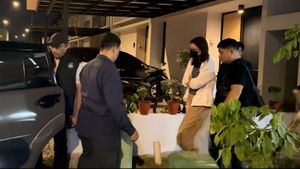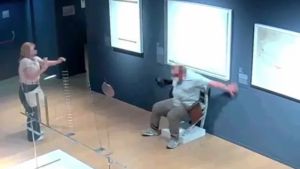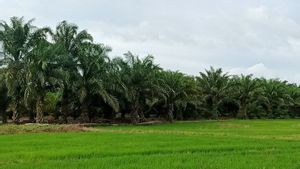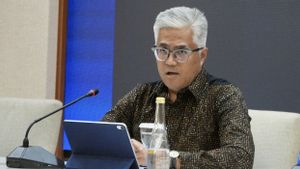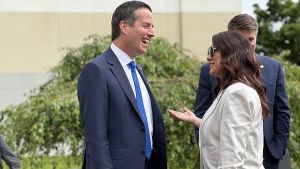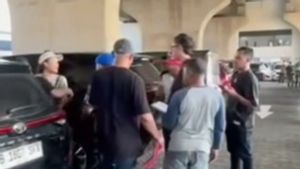JAKARTA - The corruption trial of tin commodity trading in the mining permit (IUP) area of PT Timah 2015 '2022 which dragged the name Harvey Moeis back on Monday.
This case also highlights the need for reform in the management of natural resources, especially in terms of governance and supervision. In the ongoing trial, various evidences and witnesses were presented. The process of thorough and transparent proof is the key in revealing the facts behind the alleged case.
In this trial, the compact witness explained the positive impact of the existence of people's mines on the company's performance, although some parties accused the people's mining of illegal activities.
Initially, the panel of judges confirmed whether it was true that there had been an increase in tin ore production since 2019 at PT Timah. Especially since there was cooperation with private smelters.
"That's right. It's a significant increase, sir," explained former Head of UPDB Supervision, Bangka Induk Musda Ansori in his testimony at the trial.
He explained that people who carried out mining activities previously could not say they were active illegally. However, the company, in this case PT Timah, is trying to save lead from mining by buying it from community miners.
"There is a traditional addition, some are semimodern using tools," he explained.
In the same trial, Evaluators of PT Timah, Apit Rinaldi, were also presented as witnesses. In his testimony, community miners or also known as people miners then carry out activities with a partnership pattern with PT Timah.
"People who have land rights at the PTT IUP have the right to cooperate with PTT, which can vary in shape," he explained.
The partnership with the people's miners was outlined or legalized through Instruction 030 of 2008 from the directors of PT Timah concerning Asset Security of PT Timah.
This is done so that tin from people's mining is not even exported illegally or sold to competitors or unauthorized parties, even though the land where mining activities are carried into the IUP (mining business permit) area belonging to PT Timah.
"There is an accumulation between PT Timah's obligation to settle land rights by providing mining cooperation to land owners (partnerships) with a payment method per ton of rupiah and the price has been determined by PT Timah," continued Apit.
Apit added, even though they are active above the PT Timah IUP area, people's miners are not required to reclamation. The obligation to carry out reclamation remains the obligation of PT Timah which is realized by paying the Environmental Recovery Guarantee Fund that has been paid by the company when applying for IUP mining areas such as the mandate of Article 43 Paragraph (2) of UPPLH.
The guaranteed funds for environmental restoration are funds prepared by an effort and/or activity for restoring environmental quality damaged due to their activities.
"Mitra IUJP, there is no reclamation obligation, reclamation obligations remain at the PTT, mitigation by PTT is regional planning that will be arranged as an effort to reclamation or environmental improvement," explained Apit.
Another witness presented was Doni with the sense of being an UPT Land Mining Partner. During the trial he testified about the origin of his cooperation with PT Timah. He explained that his party is one of the land owners in the area even though there is an IUP on behalf of PT Timah on it.
Doni explained that initially he had 10 hectares of land and applied for cooperation to PT Timah, then when checking, it was discovered that his land was included in the IUP of PT Timah and then he was able to partner with PT Timah.
This is in line with the provisions in Article 136 of the Mining Law where IUP owners must settle land rights before carrying out operations.
This pattern of partnership with society itself is seen as a win-win solution because in fact, the land controlled by PT Timah is very small compared to the total land area at PT Timah IUP, causing conflict between the community and PT Timah.
SEE ALSO:
With a partnership pattern with land owners such as Doni, PT Timah can still obtain lead in its IUP area, while the land owner also gets economic rights on its land.
"In the event that the witness' mining area land has been mined, the land will still be witness ownership, and so will it apply to every mining partner in collaboration with PT Timah to use their mining area land," said Doni.
The English, Chinese, Japanese, Arabic, and French versions are automatically generated by the AI. So there may still be inaccuracies in translating, please always see Indonesian as our main language. (system supported by DigitalSiber.id)
